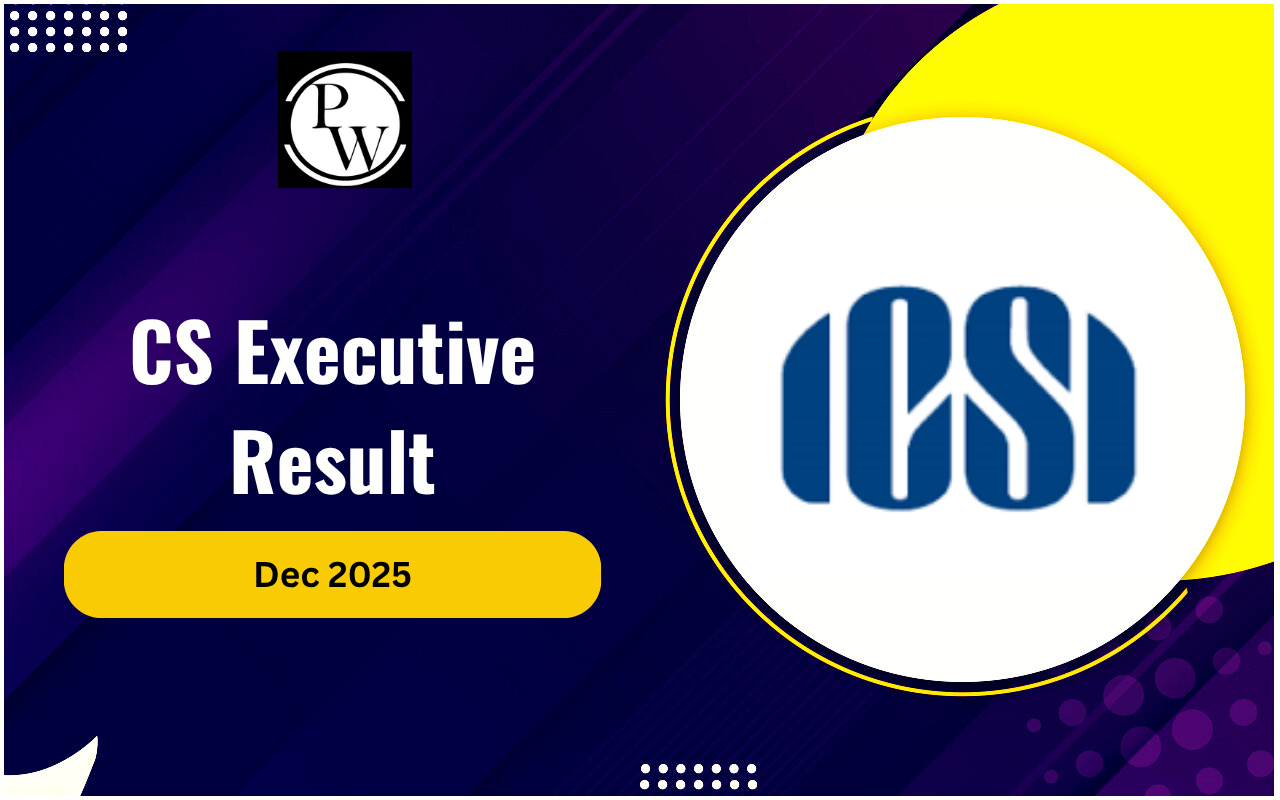
Anti-Money Laundering (AML) involves rules and regulations aimed at stopping criminals from using financial systems for illegal activities. Governments around the world set up regulators to enforce these rules and create policies. Businesses need to follow these regulations, even though it can be tricky.
That's why financial companies have teams dedicated to ensuring compliance and often invest in specialized software. This article offers insights into AML for those interested in pursuing a career as a company secretary .What Is Anti-money Laundering (AML)?
AML (Anti-Money Laundering) is the go-to strategy worldwide to stop financial crimes involving money. It's a set of rules, laws, and strategies aimed at curbing and fighting money laundering activities and related crimes. Banks and financial institutions are required to adhere to these regulations.History of AML
Anti-Money Laundering (AML) is a crucial concept in battling financial crimes like money laundering. It involves a set of rules, laws, and policies aimed at preventing criminals from hiding illegally obtained funds. Governments worldwide have established local and global institutions to track and monitor illegal money flows and financial crimes. The USA was among the pioneers in legislating against money laundering back in the 1970s, spurred by the rise in dirty drug money. The Financial Action Task Force (FATF) was set up in 1989 as a major global player in this fight. Additionally, the International Monetary Fund (IMF) plays a significant role in combating money laundering. In Europe, both the European Union and its member countries implement AML measures against money laundering. Many EU nations are part of FATF, and the EU is soon set to release its 6th Directive on AML/CFT policies to further tackle money laundering and financial crimes.Also Read: Environmental Laws and Sustainability Compliance
Importance of AML Compliance
Money laundering involves illegal activities like selling weapons, smuggling, stealing money from companies, trading stocks with insider information, giving bribes, and using computer scams. It's common in organized crime, including trafficking people, weapons, drugs, and running prostitution operations. Counter-funding terrorism (CFT) is what banks and financial institutions do to stop terrorists from getting money. This is closely related to anti-money laundering efforts. Laws against money laundering also help prevent financing terrorism. Financial institutions have to follow rules to monitor customers and transactions and report any suspicious activity. They do this to stay compliant with the law, protect their reputation, and keep their shareholders happy. Following these rules also helps them avoid fines and saves money on things like staff, technology, and setting aside funds for risky situations.Stages of Anti-money Laundering
Different countries have varying standards for Anti-Money Laundering (AML), but generally, financial institutions follow these steps to ensure they're following the rules:Know Your Customer (KYC): Financial institutions verify their clients' identities to ensure they're genuine. For higher-risk services, more detailed documentation is required.
Reporting Large Transactions: When a single client makes transactions above a certain limit in one business day, financial institutions must submit a regulatory report (known as a "CTR" in the US).
Monitoring Suspicious Activity: AML guidelines from regulatory bodies outline activities to watch for, like frequent large cash deposits or withdrawals. If suspicious behavior is detected without a clear business reason, an AML investigator submits a report to the FIU (Financial Intelligence Unit).
Complying with Sanctions: Financial institutions must check transaction parties against lists of sanctioned individuals, companies, and countries provided by regulatory bodies like the US Treasury Department, UN, EU, and others.
How Can Businesses Comply with AML Compliance?
Businesses, known as obligated entities, must meet rigorous standards when creating procedures to spot money laundering activities. To adhere to both national and international AML laws, they need a comprehensive framework, including:- Transaction screening mechanisms and software filters.
- Robust Know Your Customer (KYC) methods to confirm customer identities and check them against sanctions lists.
- Identifying the true beneficiaries of legal companies through thorough due diligence.
- Showing efforts to prevent money laundering activities.
- Keeping all client and transaction records.
Anti-money Laundering FAQs
What is Anti-Money Laundering (AML)?
Why is AML compliance important?
What are the stages of AML?
How can businesses comply with AML regulations?
What is the role of financial institutions in AML?










